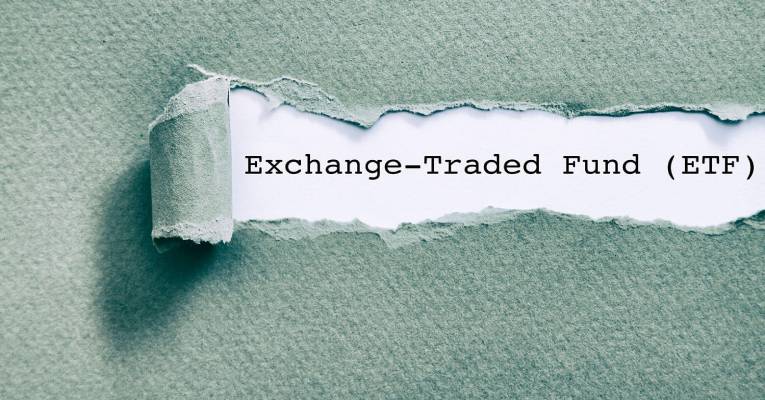Should you invest in G-Sec ETFs?

The Indian Finance Minister Nirmala Sitharaman in her Union Budget speech this year had proposed a debt Exchange Traded Fund (ETF) consisting of government securities. The aim behind this was to improve participation in the government securities (G-Sec) market. Sitharaman said “This will give retail investors access to government securities as much as giving an attractive investment for pension funds and long-term investors.â€
Recently, Motilal Oswal mutual fund launched Motilal Oswal 5-year G-Sec ETF (MO5GS). This is not the first G-Sec ETF. LIC Mutual Fund had launched LIC MF GSEC Long Term ETF in 2014. The maturity for these securities were more than 9 years. However, MO5GS is for a shorter term of 5 years. Investors with a low risk profile can consider this. However, there is a need to understand the difference between gilts funds and ETFs.
How ETFs help the G-Sec market?
Retail participation in the secondary G-Sec market is very negligible at present. G-Sec ETFs can help improve participation. How?
As you might know, an ETF is a basket of securities that tracks an underlying index. A G-Sec ETF investing primarily in government securities will mean that the government may prefer to borrow directly through ETFs from the secondary markets. Why? This is because ETF liquidity will be high as ETF investors will be pension funds and domestic institutions. Since ETF are listed in the market, the secondary market for G-Sec ETFs will improve and the better liquidity will help retail investors.
How are G-Sec ETF different from gilt funds?
Gilt funds and Gilt ETFs invest in a basket of G-Sec. Read this article to know more about gilt funds – Are gilt funds as good as bank deposits? A Gilt ETF is a passive fund that tracks an index of G-Sec.
Gilt funds are available as open-ended funds or close-ended funds. ETFs are close-ended funds. So, you can invest in them during the New Fund Offer (NFO) tenure or you can buy them from the secondary market.
Since Gilt ETFs need to be purchased and sold through a brokerage account, you will need to hold them in the demat account. You don’t need a demat account for gilt funds.
ETFs are traded through the day. So, ETF prices can fluctuate and vary sharply in the short term. Extreme price fluctuations are possible if there is market volatility. Gilt funds are less volatile when compared to G-Sec ETFs.
Here are points where G-Sec ETFs score over gilt funds.
Most gilt funds do have an exit load. If the redemption is done within a few months of purchase, exit load might apply. There are no exit loads for G-Sec ETFs. So, redemption comes ta no cost for ETFs.
Gilt funds do not disclose their portfolio holdings on a daily basis. You will need to see the fund fact sheet at the end of the month for the data. ETFs need to disclose their portfolio holdings on a daily basis. So, G-Sec ETFs are more transparent than gilt funds.
The expense ratio of ETFs is much lower as they are passively managed funds. So, gilt ETFs have lower management fees when compared to that of gilt funds. The lower cost of G-Sec ETF compared to gilt funds works in favour of investors, especially in a low interest rate regime. This also makes G-Sec ETFs potentially more attractive to investors who want to remain invested for the long term.
Note that gilt funds and ETFs have low minimum investment requirements. This makes them more suitable for retail investors.
Should you consider G-Sec ETF?
Understand that G-secs are long duration papers and are highly sensitive to interest rate movements. So, investors make money when interest rates fall. At present, interest rates have already been brought down by the Reserve Bank of India (RBI) to stimulate the economy. Rising inflation and revival of the Indian economy may push the yields up. This will push down the prices of government securities. This means that mark-to-market losses cannot be ruled out for G-Sec ETFs. So, if you can match the time horizon of your financial goal with that of the G-Sec ETF, you can stay invested and gain from the investment.
However, if you are looking for active fund management that will help you take advantage of government securities market movements, gilt mutual funds might be the ideal investments.

